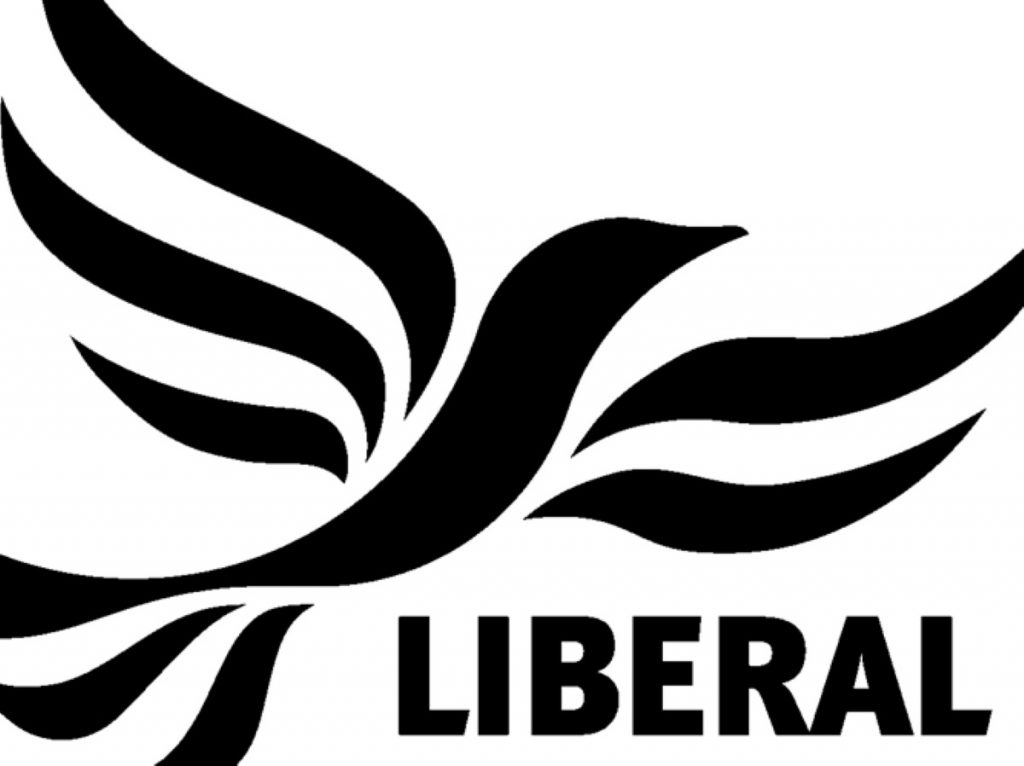Liberal Democrats
The Liberal Democrats face their first general election under Nick Clegg’s leadership in 2010.
While they haven’t made significant progress in the polls since their last showing, local activists believe they can perform strongly against both the Conservatives and Labour. We’ll follow every disaster – as well as successes, of course – throughout the campaign.
High – January 4th: Some praise from the prime ministerr – Gordon Brown began the year with an appeal to Lib Dem voters, handing Clegg’s party something of a backhanded compliment. His rhetoric about Labour and the Lib Dems’ similarities on tax and public services was never far away from courting them in the event of a hung parliament. “There’s obviously the possibility of people working together in close harmony,” he hinted heavily.
Low – January 20th: Racially abusive email – Stoke-on-Trent’s David Jack stepped down after allegations relating to a less-than-pleasant email. But he denied the email came from his official address and an investigation was launched.


High – February 15th: Hedging their bets – A Guardian report that Clegg would rule himself out of a coalition in the event of a hung parliament was quickly rebutted, leaving the position clarified and enabling party activists to go about their jobs with the position clear in their heads. The Lib Dems would only enter into a coalition if four demands are met. “Hypothetical situations”, a party spokesman said, have not been planned for.
High – March 14th: Clegg rallies the troops – Nick Clegg’s speech to the Lib Dem spring conference attracted the headlines for his “I am not the kingmaker” line. “It’s called democracy,” Clegg said, as he invited the British public to make him ‘king’.
Low – March 19th: Lib Dems tarred with expenses brush – Having escaped the worst of the expenses scandal, four of the party’s MPs were ordered to repay a rent windfall they had been given to forego their right to cheap rent.
Low – April 7th: Opening attack – Nick Clegg launched his election campaign with a harsh attack on both Labour and the Tories. “Their words are a smokescreen for the truth: both of them would do anything to protect the corrupt two-party stitch up and secrecy of Westminster,” he said.
Low – April 9th: Tactical votes – Lord Adonis, Labour’s transport minister, stepped right into vulnerable Lib Dem territory, by calling for Lib Dem supporters to vote Labour where only they can take on the Conservatives. “The truth is that the Lib Dems, for all their local opportunism, have national policy that is similar to Labour’s,” he wrote in the Guardian. “The difference is that Labour can implement its programme. In Labour-Tory marginals, a vote for the Lib Dems is a vote which helps the Tories against progressive policies.”
Low – April 14th: Drab manifesto – The Lib Dem manifesto failed to set the world alight when it was released, to little media attention in an uninspired venue. Most commentators suggested it should have been released after the leaders’ debate, when all attention was on Clegg, but we can all be wise in retrospect.
High – April 15th: Leaders’ debate victory – Nick Clegg shone at the leaders’ debate and easily topped the instant polls which came out moments after it had ended. The next day saw hugely improved odds for the Lib Dems, with the party 10/1 to win 100 seats or more at the general election.
High – April 18th: First place? – An unprecedented surge in Liberal Democrat support following the first leaders’ debate sees the party in first place in many polls, a development which sends many Lib Dem activists into utter euphoria.
Low – April 22nd: media attack – Clegg starts the day of the second leaders’ debate with a flurry of headlines about financial irregularities in his bank account, articles he wrote years ago and a further hostilities. The Lib Dem leader later disproves many of the allegations but the morning proves something: parts of Fleet Street are after him.












